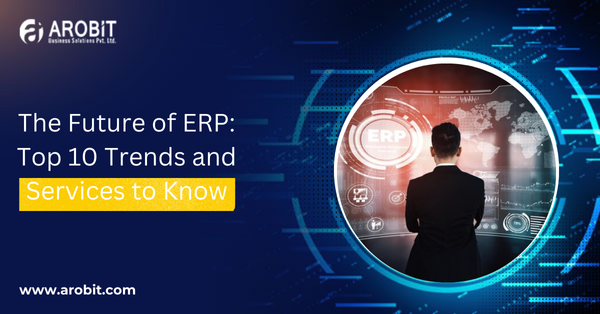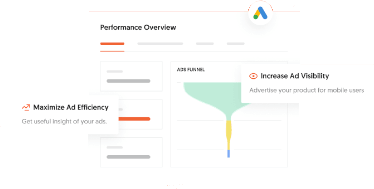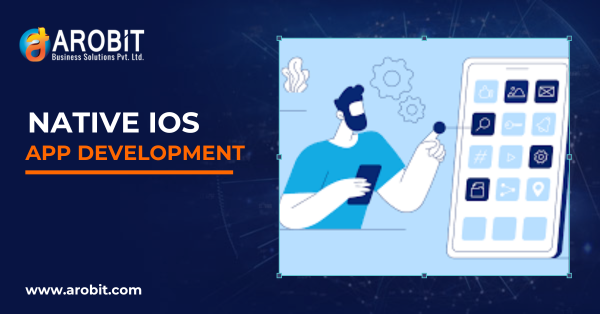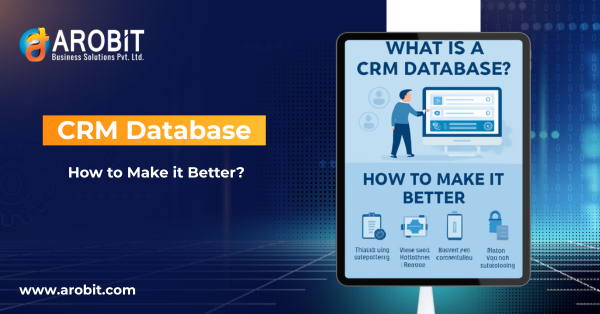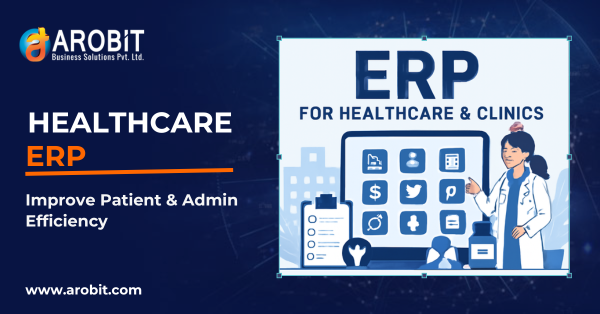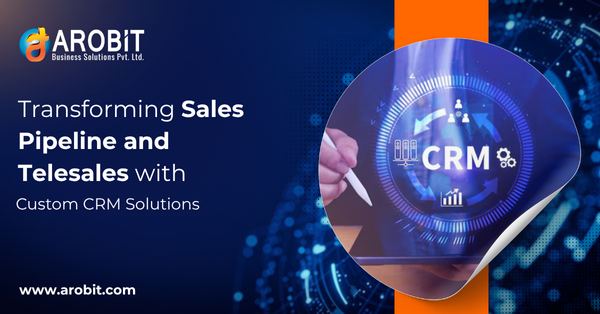Enterprise Resource Planning systems are the backbone of the processes that occur in modern business operations, from finance, human resources, and customer management integrated into a unified platform with operations, customer management, and more. The global ERP market is set to be worth $70 million because of advanced technology and recognition of the need for streamlining operations undertaken by ERP, according to the predictions for 2025. To ensure that enterprises remain competitive and agile, it is of great importance that they are kept up to date with these useful ERP trends. With boosting technological advancement and increasing operational efficiency, ERP development services are changing rapidly, from cloud-based solutions to artificial intelligence-driven insights.
Top 10 Trends Shaping the Future of ERP
1. Cloud-Based ERP Solutions
- Cloud-based ERP systems are indeed becoming more standard due simply to their built-in scalability, accessibility, and cost-effectiveness.
- With these systems, businesses can have real-time access to data from any device with an internet connection, which allows for great collaboration and mobility.
- Reports show that companies taking on cloud ERP have a 30% deduction in IT expenditure as compared to on-premise systems.
- Subscription-based models make these ERPs affordable for SMEs.
2. Artificial Intelligence (AI) and Machine Learning (ML) in ERP
- Artificial intelligence and machine learning are enabling predictive analytics, automation, and more intelligent decisions within ERP.
- An example is AI that forecasts demand trends, optimizes inventory levels, and automatically runs such things as invoice processing.
- Operational efficiency rises by 20% over traditional ERP systems for businesses that adopt the AI-driven approach.
3. Integration with IoT (Internet of Things)
- IoT-enabled ERP systems provide real-time visibility into data such as that of assets, inventory, and equipment.
- Integration allows processes such as predictive maintenance in manufacturing and fleet management in logistics to be optimized.
- By 2025, 60% of manufacturers are expected to adopt IoT-integrated ERP solutions.
4. Mobile ERP
- Demand for mobile-centric ERP solutions is on the rise, as industries are focusing on making their workforce available on the go.
- A mobile ERP enables an employee to approve or check reports and enter data from his mobile phone or tablet.
- This trend increases productivity and provides seamless working even if one is working remotely.
5. Customized Experiences with ERP
- Custom ERP software development has gained traction in recent years, as companies now need solutions that would befit their inherent workflows.
- Personalized ERPs will debulk infeasible features while gaining focus on pressing business demands.
- Bespoke ERP software development from an accomplished company helps optimize customizations and add value in the best ways possible.
6. Advanced Analyses and Data-Driven Insights
- Today's ERP packages feature advanced analytics tools that can detect insights for business performance.
- Custom dashboards enable real-time monitoring of KPIs such as sales trends, customer behavior, and operational bottlenecks.
- ERP data-driven decision-making can increase revenue by as much as 15% per year.
7. Focus on Cybersecurity
- Amidst rising cyber threats, the primacy of securing sensitive business data inside ERP systems cannot be overstated.
- Advanced security options such as encryption, multifactor authentication, and routine updates effectively guard against breaches.
- Compliance with industry-specific regulations when working with professional ERP software development companies is provided to ensure that businesses meet the requisite standards.
8. ERP for SMEs
- Although originally developed for large enterprises, ERPs are becoming a trend with many SMEs because of the convenience of cloud-based solutions nowadays.
- Custom ERP software development services meet the specific needs of small businesses and do not overwhelm them with pampered features.
- By 2025, nearly 40% of SMEs will be implementing a new ERP system on a global basis.
9. Industry-Specific ERP Systems
These ERPs aim to resolve sector-specific issues within healthcare, retail, manufacturing, and logistics.
For instance:
- Healthcare ERPs are used to expedite patient management and compliance tracking.
- Retail ERPs provide for inventory management and customer engagement strategies.
10. Subscription-Based ERP Services
- SaaS subscription pricing is making ERPs more affordable than ever before.
- Subscription-based payment allows one not to pay hefty upfront costs, along with flexibility to scale the resources when needed.
- Such an effort will come in very handy for startups and growing businesses, especially if they are cost-conscious.
Challenges in Embracing New ERP Trends
Although these trends have vast potential, companies might encounter difficulties like:
- High upfront investment in bespoke ERP development.
- Employee resistance to change due to legacy system familiarity.
- Ensuring that they integrate seamlessly with current tools.
Working with a seasoned ERP development company can reduce these difficulties.
Best ERP Services to Look Out for in 2025
The following are some cutting-edge services provided by top vendors:
- Cloud-Based Solutions: Elastic solutions such as Oracle, NetSuite, and SAP Business By Design have a huge share in the market.
- Custom Development: Firms offering custom development of ERP software offer niche-specific solutions.
- AI-Powered Features: Players include AI functionalities in their solution, highlighting automation and analysis.
FAQs
Q1: What are ERP services?
A1: ERP services encompass the planning, implementation, customization, and maintenance of enterprise resource planning systems that automate business processes.
Q2: What are the four types of ERP?
A2: The four primary types of ERPs are:
- On-Premise: Installed locally on a firm's servers.
- Cloud-Based: Hosted on distant servers that can be accessed over the internet.
- Hybrid: Blends on-premise and cloud capabilities.
- Open Source: Free-to-use systems with code that can be customized.
Q3: Which ERP is used?
A3: Some of the most popular ERPs are SAP S/4HANA for large-scale businesses, Oracle NetSuite for mid-market companies, and Microsoft Dynamics for multifaceted scenarios.
Conclusion
The future of ERP is innovation through cloud computing, AI integration, IoT connectivity, and customized solutions. Enterprises need to leverage these trends to remain competitive in a rapidly digitalizing world. Engagement with reputable ERP software developers in India guarantees smooth adoption of such trends while addressing specific organizational requirements. Whether you're an emerging startup or a well-established enterprise, it's the right time to invest in state-of-the-art ERP solutions developed for success!

